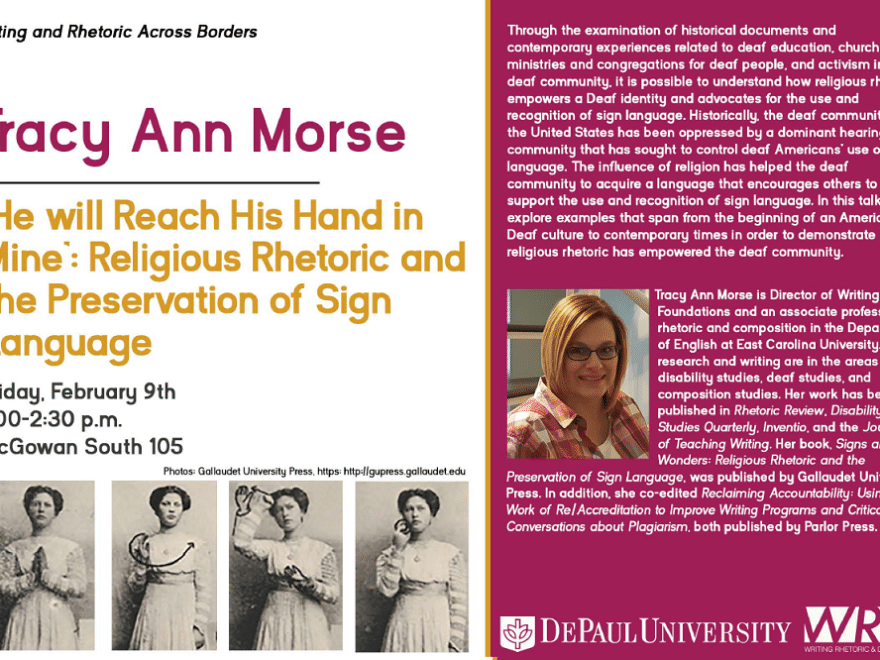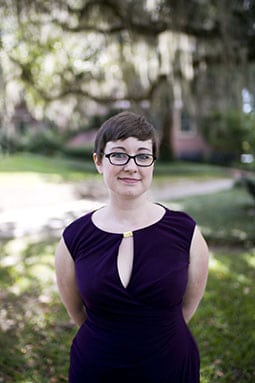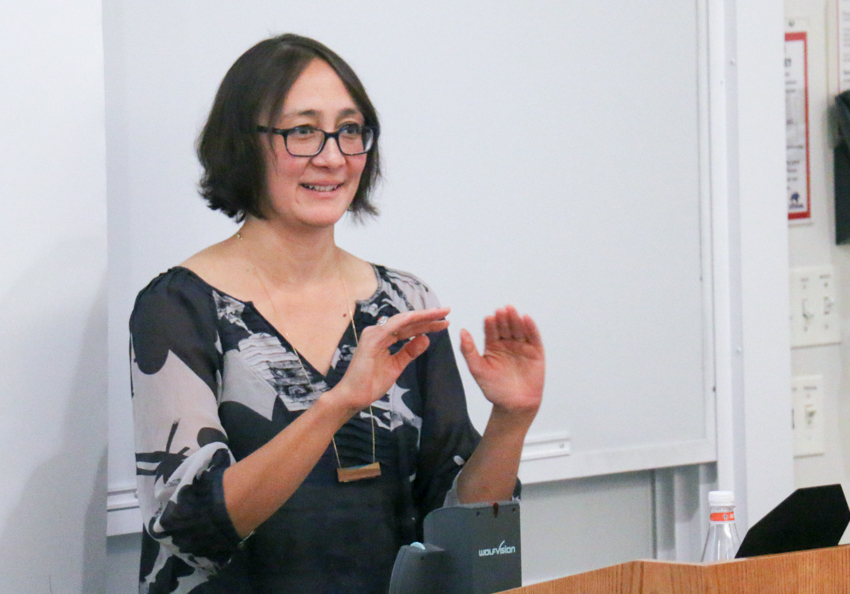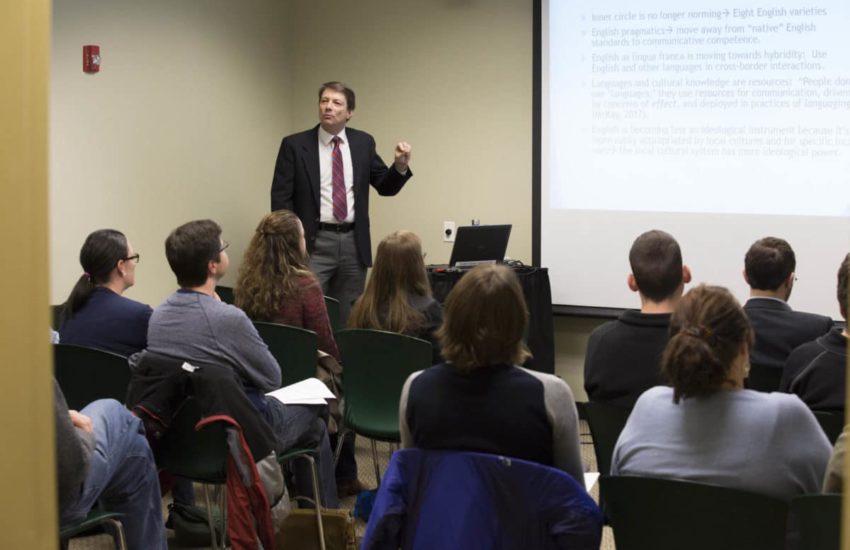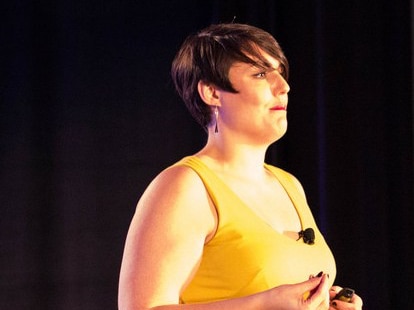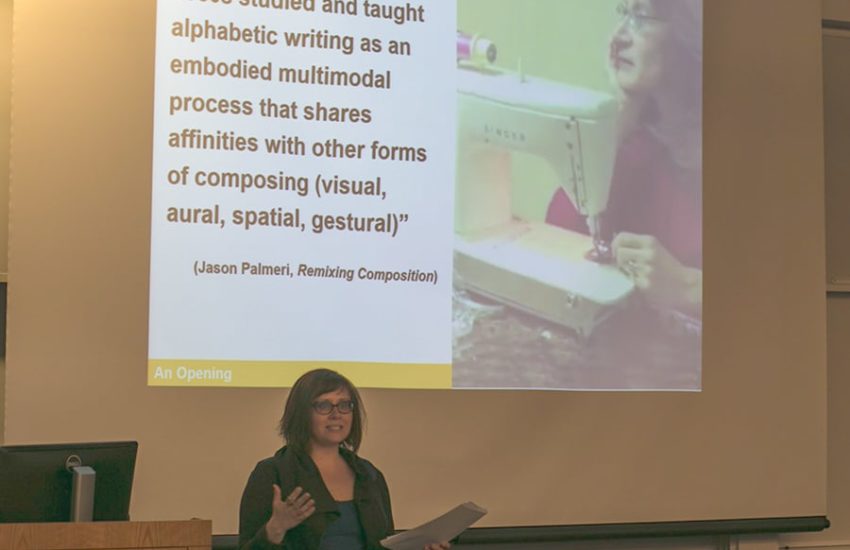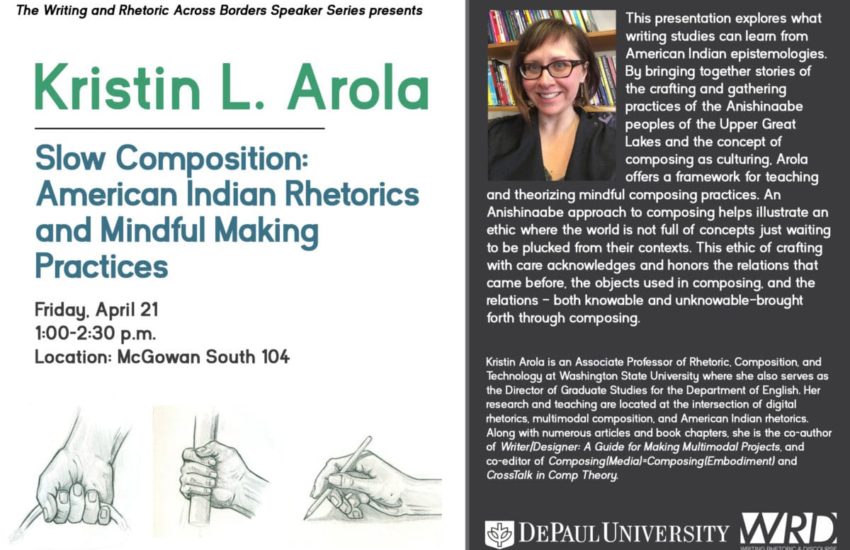As part of our ongoing speaker series, the WRD Department welcomed Tracy Ann Morse on Friday, February 9th. Morse is the Director of Writing Foundations and an Associate Professor of rhetoric and composition in the Department of English at East Carolina University, and author of Signs and Wonders: Religious Rhetoric and the Preservation of Sign Language. Morse’s talk, “He will Reach His Hand in Mine: Religious Rhetoric and the Preservation of Sign Language,” discussed research from her book on the connection between religious rhetoric and the history of oppression against deaf Americans. Morse shared examples of attempts at preserving American Sign Language (ASL)
Continue reading